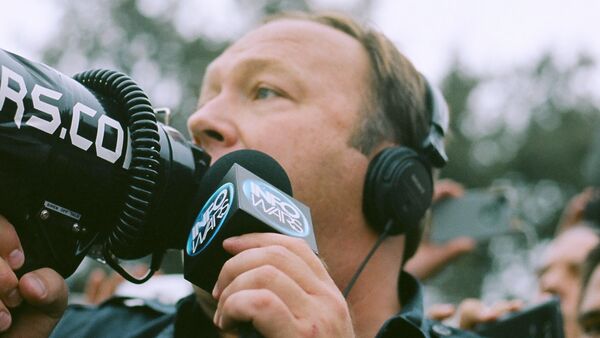Sputnik: In your view does the decision by Apple, Facebook, YouTube and Spotify to limit Alex Jones’s presence on their platforms amount to a limitation of freedom of speech? What’s your take on this one?
Dr. Ansgar Koene: It’s a very culturally dependent kind of thing — what is freedom of speech? From a US perspective, probably yes, it is a certain kind of limitation of freedom of speech, but, of course, these are commercial platforms and the freedom of speech as formulated in the US Constitution doesn’t actually apply to private spaces and online platform (is) a kind of private space. So therefore, they can say if you violate their terms of service then they can refuse to have you on their platform. The other issue is: what is freedom of speech? An absolute right that allows you to say anything, or is it limited with regards to whether you are causing harm to others? And this is where we see a bit of a difference between how it’s interpreted in Europe, for instance, versus in the US. I think it’s an interesting move by the platforms in a sense that it is a difference, a slight change in their stance. So far, a lot of the social media platforms, not just Twitter, have taken a similar stance as Twitter has, because the platforms are very eager not to be seen to be interfering with the content of the platform on the platform, they very much want to separate themselves, being a neutral provider of a platform versus the content that is provided by the users. This is partially to do with their legal liability issues around that. Because of pressure mounting, of public opinion relative to the acts by Jones, these platforms have started to have moved to say they do think this is a violation of some of their terms of service. It is interesting to see that the platforms are insisting on formulating this violation of terms of service and not a violation of freedom of speech in general or anything like that, because they want to stick to the idea that they are simply maintaining a platform that is neutral towards the content as long as it obeys with their rules of service as a corporate entity.
Dr. Ansgar Koene: Yes, there is a big issue around are the platforms being consistent in the way in which they actually enforce their terms of service and with Twitter now I think there is a strong argument that could be made about them not being very consistent, some people have been removed and others not, and we do see a kind of pattern that the more high-profile you are the more you seem to be able to get away with, as far as saying something and them not considering it a violation of your terms of service. I think we do have to look out at what is the bottom line for business going on. Effectively, the platforms are going to be looking at this as: do they attract more users and more attention, is it good for the PR to be in the news because of somebody saying controversial things, or is it bad for them for attracting future users or retaining users because this controversy has gone beyond a certain limit. So Facebook and others have decided it’s gone beyond the limit and they are at risk of losing users, and Twitter still seems to think that the controversy is actually gaining attention to them and might grow their user base.
Dr. Ansgar Koene: I think from our point of view, from the research that we’ve been doing, the platforms do have a responsibility regarding this. It’s very much a case of what kind of levels of information, what kind of access do you have. The platforms have the access, they see what’s being posted, if we say platforms have no responsibility at all and it is just a question of law enforcement coming in then we only have an option of responding after the fact, we can only try to arrest people after they’ve caused serious harm, whereas if platforms take a certain responsibility for their content we actually stand a chance of stopping things from happening before it gets worse.
The views expressed in this article are those of the speaker, and do not necessarily reflect those of Sputnik.



